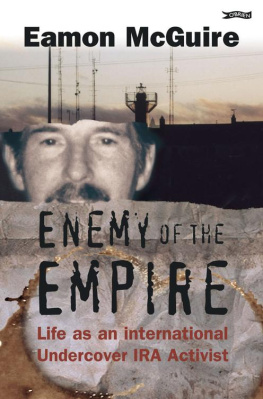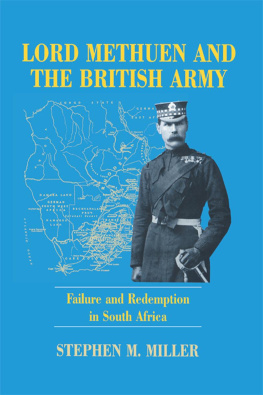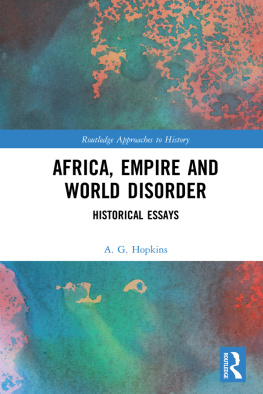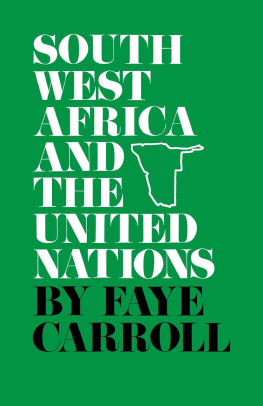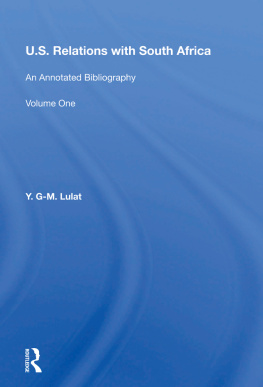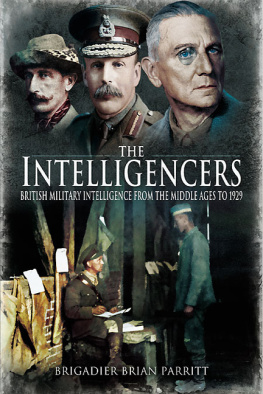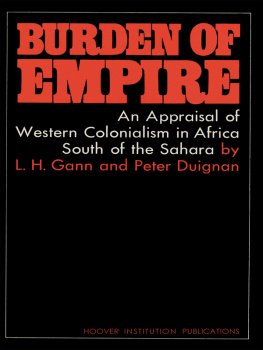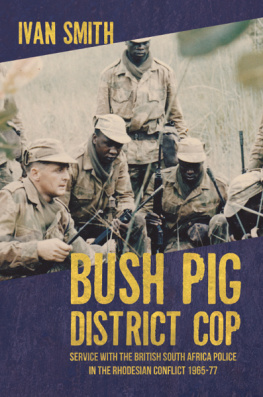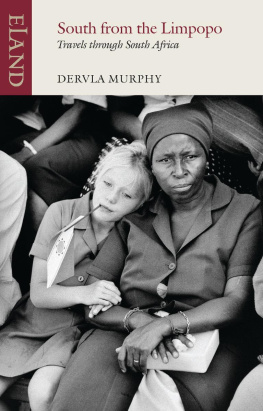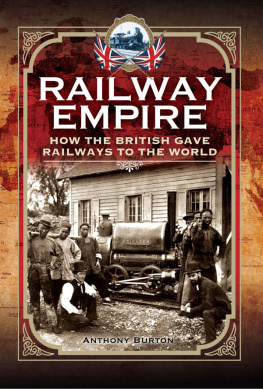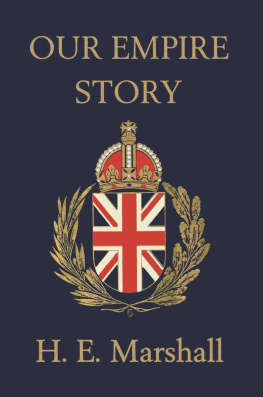This book is both a jail journal in the tradition of John Mitchel as well as an account of modern-day IRA secret activism. Trained as an engineer and working in aviation, McGuire worked behind the scenes, attempting to construct IRA defensive systems and other weapons the equal, if not ahead of, those of the British army. It was a challenging task. His base in South Armagh was regarded by many as the most difficult of all areas for the British, worn as a kind of badge of honour by some who had served there.
McGuire lived a secretive life in many countries around the globe, countries that were experiencing the last days of empire. In Africa, Malaysia and the Middle East he saw the powerful effects of colonialism and began to see his home place as the last bastion of empire. And when he saw refugees fleeing Belfast in danger of their lives in the seventies, he decided to become involved. Twenty years later, he was arrested.
Thanks to Richard Johnson for the cover photo (front, top); Kathleen OBrien for holding the manuscript; Kelly for typing; Suzanne Bunting for scanning; Sharon Pollock for copying; and de n Laoghaire, my editor, without whose help this book would never have been published.
Contents
In prison you do all your travelling in your mind. When I was locked up in South Africa, Ireland and the United States I had to condition myself so as to use my mind to travel out of my cell and wander through all the places in the world where I had worked or visited.
In 1992 my life had taken an unusual but possibly predictable turn. One morning I was working as an aircraft engineer in Mozambique , that night I was in solitary confinement in Pretoria prison in South Africa. Here the isolation was broken only by the action of food being pushed through a hatch in the door twice a day. The removal of all stimulation from a very active mind can cause a high level of frustration. To remain healthy, it became essential to find a means of occupying the mind. I found too that to depend on mental activity alone was not helpful and I had to do physical exercises as best I could in the cell. If I walked in a figure eight, I could take ten steps. I counted the steps and worked out the mileage; I recorded the miles and after each one I did a set of forty military-style push-ups . Then for the mental bit: after five miles I lay down on my cot and went travelling in my mind. When I was able to get writing paper I started to record the things I remembered to slow down the brain-storming process going on in my head. Later, in prison in the United States, I was in a cell with a man who had a doctorate in English from Cambridge in England; he looked at what I was doing and suggested that I put it into a book some day.
This book is a product of those sheets of paper that were written from memory in prison. It takes the reader on a journey through various countries and events that took place during the last sixty years of the twentieth century, from my childhood days in Ulster, military service, working on contract in British colonies and emerging nations, and involvement in the conflict in Northern Ireland . I lived in countries along the equator, from the Caribbean in the west to Borneo in the east, and I listened with interest to stories about historical events and figures. I was in a position to observe the local people and their customs and the effects of colonialism and its decline, as the British Empire retreated, often painfully, to its last bastion in the six counties of Northern Ireland. My deep involvement in dismantling its last foothold there was a secret life I carried with me for over twenty years around the world.
PRISON LIFE SOUTH AFRICA,
IRELAND, THE USA
I started work at 6.30am on the morning of 13 December 1992 at Maputo airport in Mozambique. It was mid-summer and the height of the rainy season, and I had put my travel plans on hold until late afternoon . When I finally decided to travel I came under so much pressure at Departures for dash (an illegal payment, or bribe) that I turned and walked away until I was finally called back by the official and waved through. I have thought about that incident since and wondered what way my life would have progressed if I had kept going.
The small twin-engine aircraft droned incessantly as we flew slowly over bush country on our way to the South African border. Such a flight can be boring, even hypnotic, but the man in the cockpit seat beside me was familiar with the run and was able to point out places of interest, including areas controlled by anti-government Renamo forces. Increasing altitude, we flew over the Lebombo mountain ridge along which runs the electrified and heavily guarded South African border; from the air it is possible to see the double-wire fencing as it runs north along the Kruger National Park and south to Swaziland. Crossing the line presents such a contrast that it shocks the senses: one moment you are over a jungle floodplain, the next you feel that you have been transported to Europe or California where healthy crops form a beautiful multi-coloured pattern across the country.
Familiar things tend to relax you and I felt myself dropping down a couple of gears as we covered the sixty miles from the border to Nelspruit. This small town is on the main road and rail line that runs to Johannesburg and Pretoria from Maputo in Mozambique. The remnants of the Boer army and government retreated along the route after Pretoria fell to the British in 1900. It is said that Paul Kruger, on his way to exile, stopped the train here and unloaded wooden crates that contained the contents of the state mint at Pretoria to prevent it falling into the hands of the advancing British. All this gold is supposed to be buried somewhere between Nelspruit and Barberton. It was also the town where earlier in 1992 Tiso Leballo, Winnie Mandelas driver, and five other alleged robbers were killed in an ambush by Eugene De Kock and other members of Vlakplaas. De Kock was a former police colonel who commanded an assassination squad that killed opponents to apartheid. They then blew up Leballos body with explosives. Not the most pleasant of policemen to bump into on arrival in South Africa.
The grass airstrip at Nelspruit is on rocky bush land, raised slightly above the surrounding countryside, which allows a clear, smooth approach and relatively easy landing. We taxied across the bumpy surface and parked beside a couple of light aircraft located some distance from the take-off strip. As I stepped out of the plane I instinctively scanned the area: one small building, but quite a few people some walking, others standing. Why so many? Normally these places are deserted. Another survey of the people seemed to indicate a containment ring. I felt that I was in the centre. When you are exposed to danger for a long time it sharpens your mental faculties some people call it being jumpy and you develop an instinct for imminent danger in a way that people living under normal, civilised conditions can hardly imagine. A kind of sixth sense warns you of impending danger while at the same time it allows you to weigh up the chances of escape.
I bent down on one knee and went through the motions of tying my shoelace while I suppressed my feelings and evaluated my options. This period of slow breathing allowed me to clear my mind and prevent myself from reaching the level of tension when things go so quiet you can hear your own heartbeat. The distance between each individual was less than the radius of the circle; it would have to be twice that, at least, to give me a fifty-fifty chance of a surprise break out. I did not see a rifle, but a short-arm would take me down in such circumstances on open ground. After twenty years of active involvement in guerrilla warfare, I did not fear death, only the method of its coming. And it brought no sorrow. But how bitter it would be to die on this glorious sunny day in a land I had dreamt of in my childhood.

